What is happening in Syria and why have rebels attacked now?
The war in Syria was supposed to have ended five years ago – or even more. However, as Israelis and Palestinians have found, there is no such thing as a settled outcome in the modern Middle East.
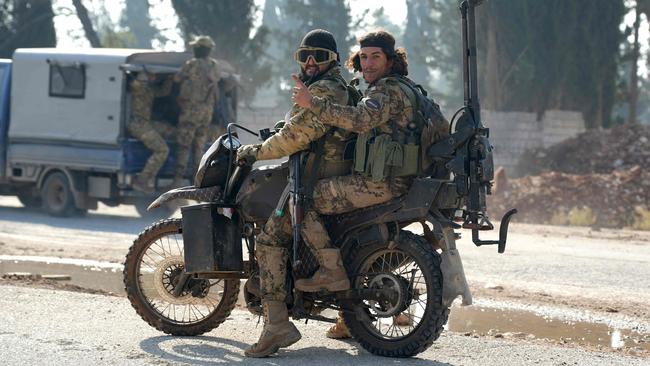
The war in Syria was supposed to have ended five years ago – or even more.
The Assad regime’s capture of Aleppo in 2016 ended the threat from the rebel forces – both pro-western and jihadist – which had risen against it in 2011 but were by then confined to a small part of northwest Syria, centred on the city of Idlib.
Front lines elsewhere stabilised in 2019 when the Syrian Democratic Forces, the western-backed Kurdish-led militia, overcame the last stand of Islamic State at Baghouz in Syria’s far east.
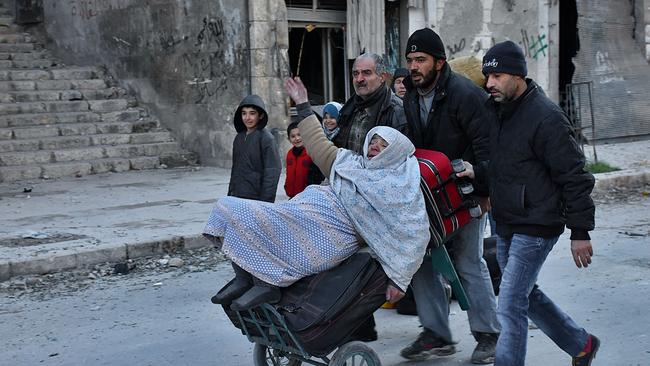
Syria was divided into four. The regime in the major cities of Damascus, Aleppo, Homs, Hama and Deraa; the Turkish-backed rebels in the north; the jihadists of Hayat Tahrir al-Sham (HTS), by now divorced from al-Qaeda, in the northwest; and the SDF running the eastern cities of Raqqa, Qamishli and Hasakah – the latter two with a Kurdish ethnic majority.
However, as Israelis and Palestinians have found, there is no such thing as a settled outcome in the modern Middle East. The regime and the jihadists continued to snipe at each other. Turkish forces staged attacks on the SDF because of the Kurdish elements’ close ties to the Kurdistan Workers’ Party (PKK), the guerrilla army that has fought Ankara for decades.
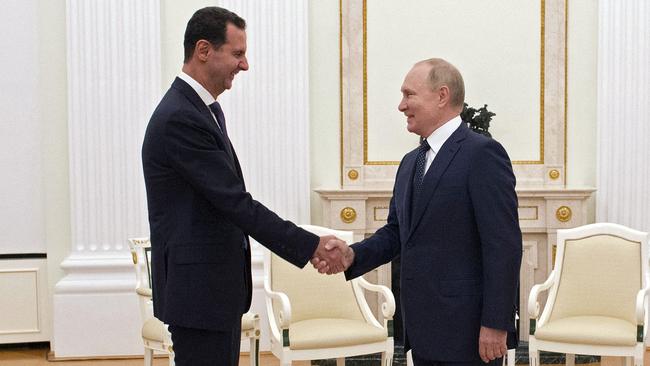
In perhaps the most geopolitically strange incident of the whole war, one major escalation took place after Donald Trump, then president, greenlit an attack ordered by President Erdogan of Turkey, a NATO ally, on the SDF, whose bases were shared with American and British special forces and advisers. It took Russia to step in and calm things down, leading to stand-offs between Russian and American troops.
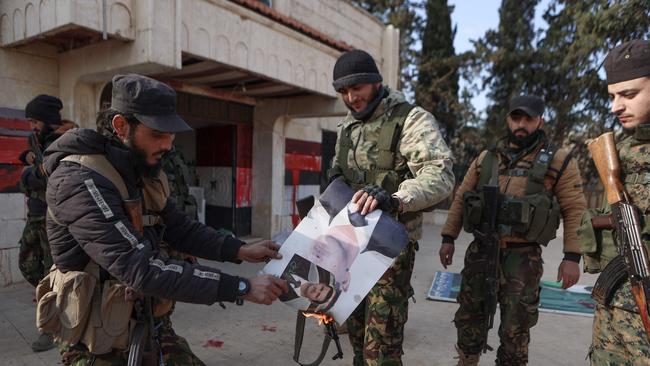
Isis staged occasional minor comebacks. Even in Deraa, on the Jordan border, where the war had been ended with a Russian-backed “reconciliation deal” rather than along a frozen front line, there were regular skirmishes.
These mini-battles were a reflection of the one fact that all sides – bitter local and global enemies – agreed: this outcome was not stable. Without territorial integrity, Syria could not hope to join the international order of nation states.
Assad still kept hundreds of thousands of opponents in prison, whose torture chambers continued to make him a pariah in the West. The regime may have won the war, for the most part, but it lost the peace as the economy crumbled under the weight of the regime’s corruption, western sanctions and the failure of Russia and Iran to support their ally except in military terms.
A final blow came with the collapse of the Lebanese banking system in 2020. It was where Syria’s elite class had kept their money for years, and it disappeared overnight.
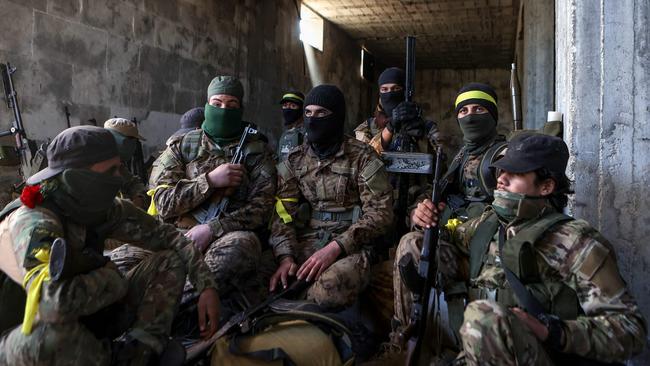
Still, no one expected the rebel advances of last week, except a few close observers of the strange political and ideological beast that HTS became after it divorced itself from al-Qaeda.
It remains a sanctioned terrorist group in much of the outside world’s eyes. However, that proved an advantage. Unlike the SDF – constrained by its US backer, the regime, dependent on Russia and Iran, and the “mainstream” northern rebels which were tightly controlled by Turkey – it could act autonomously.
Its leader, Abu Mohammad al-Jolani, was proving a smart and calculating politician. He may have sprung from the nest of the Islamic State in Iraq, where he went from Syria to fight almost two decades ago, but he realised a more moderate face was necessary if he was to avoid Isis’s fate.
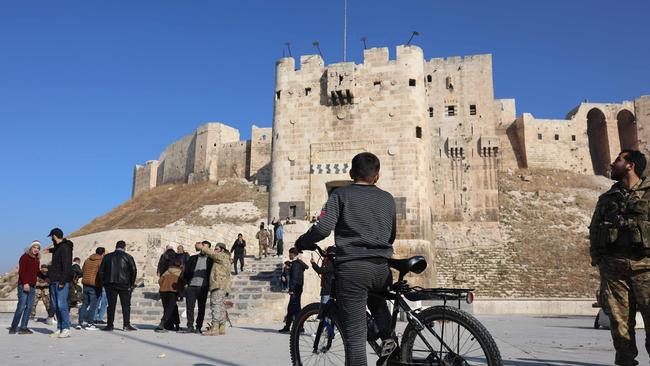
He took to wearing western suits and trimmed his beard and hair. He worked with aid agencies to re-establish order and services in Idlib. He opened up to the western media, largely ending the longstanding kidnap threat against them in Syria.
Meanwhile he was also planning an attack, described initially as defensive, to deter air strikes and other assaults on his positions by regime troops. It was meticulously timed, with Russia and Hezbollah, the pillars of the regime’s defence, both weakened by their own wars, and the world looking only at Gaza and the ceasefire in Lebanon.
Jolani has also guaranteed freedoms and safety to minorities in his “new Syria”. Whether he really expected those pledges to be put to the test, as they now will, we cannot know. The successes of the last week may have come as a surprise to him, as it was to everyone else.
The Times

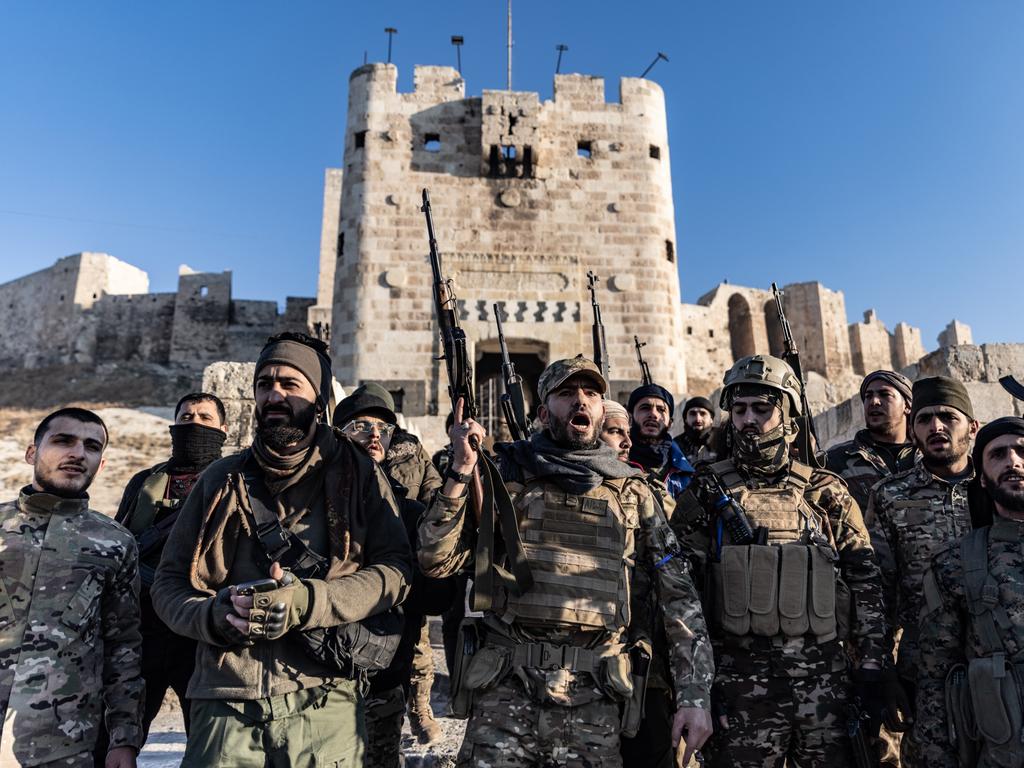
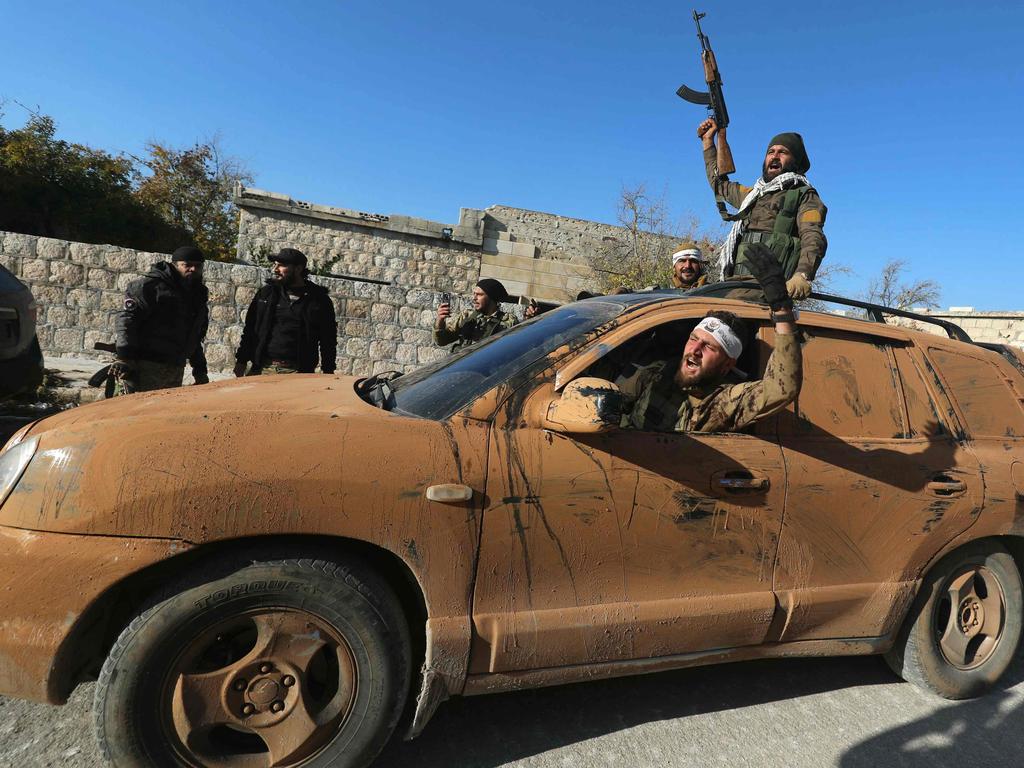

To join the conversation, please log in. Don't have an account? Register
Join the conversation, you are commenting as Logout